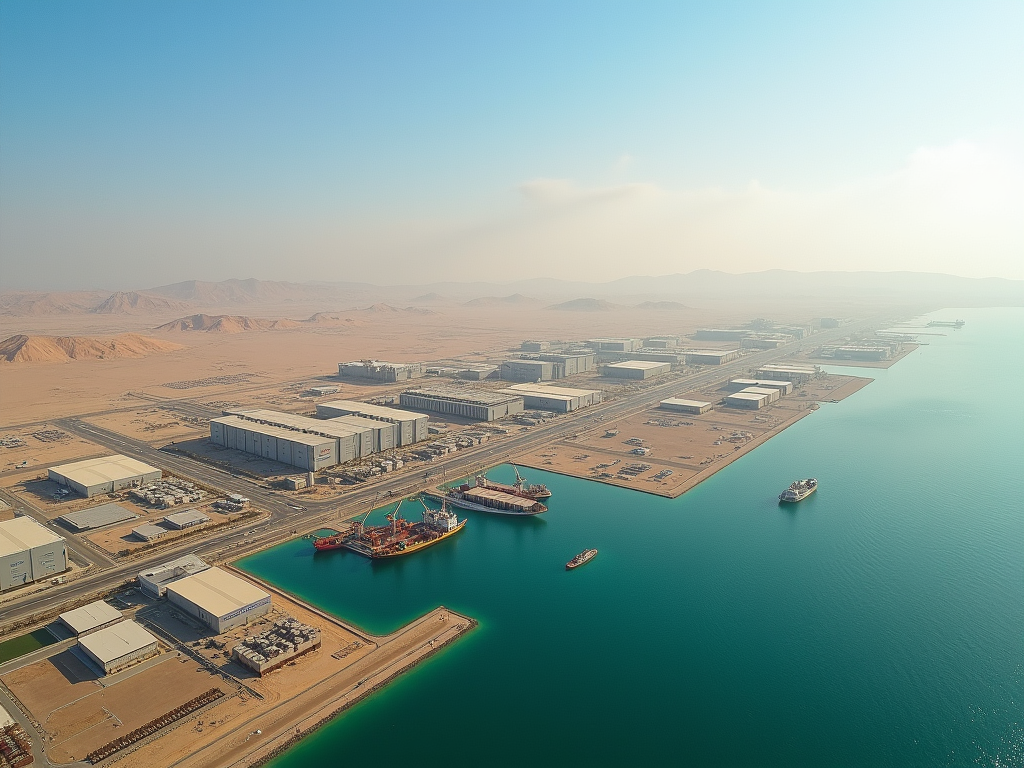
How to Start a Healthcare Business in Dubai?
Starting a healthcare business in Dubai involves a strategic approach that aligns with the UAE’s regulations and the dynamic healthcare landscape. Dubai has established itself as a hub for healthcare innovation, drawing in investors and entrepreneurs from across the globe. To successfully enter this market, you need to understand local laws, identify your niche, establish partnerships, and effectively market your services. This article guides you through the essential steps for starting a healthcare business in Dubai, providing insights and actionable advice for your entrepreneurial journey.
Understanding the Market Landscape

Before you commence your healthcare venture in Dubai, it’s crucial to conduct thorough market research. This step involves analyzing the current healthcare offerings, understanding patient needs, and identifying gaps in the market. The UAE’s Vision 2021 emphasizes the importance of quality healthcare, driving demand for innovative and efficient services. Consider the following aspects while assessing the market:
- Demographic Analysis: Understand your target audience, including expatriates and local populations.
- Healthcare Trends: Stay updated on the latest health trends, technologies, and patient preferences.
- Regulatory Environment: Familiarize yourself with the healthcare regulations set forth by the UAE government and the Dubai Health Authority.
- Competitive Analysis: Identify existing competitors and assess their strengths and weaknesses.
- Potential Partnerships: Explore collaborations with established healthcare networks or institutions.
Legal Framework and Licensing

Dubai has a well-established legal framework for healthcare businesses, which includes specific licensing requirements you must fulfill. Begin by registering your business with the Department of Economic Development (DED). The process encompasses various steps, from selecting a suitable business structure to obtaining the necessary approvals from regulatory bodies. Here’s a step-by-step approach to obtaining your healthcare business license:
- Select the Business Structure: Decide whether to set up a sole proprietorship, partnership, or limited liability company.
- Trade Name Registration: Choose and register a unique trade name that reflects your services.
- Initial Approval: Apply for initial approval from the DED, ensuring compliance with health-related stipulations.
- Healthcare Licensing: Obtain a healthcare license from the Dubai Health Authority (DHA) tailored to your specific services.
- Facility Approval: Ensure your healthcare facility meets all safety and operational standards outlined by the DHA.
Setting Up Your Healthcare Facility
Once you have your licenses in place, focus on establishing your healthcare facility. Selecting the right location is critical; consider accessibility and proximity to your target demographics. Design your facility in compliance with regulatory standards while ensuring a comfortable and welcoming environment for patients. Key factors to consider during this phase include:
- Facility Layout: Create an efficient layout that promotes patient flow and operational effectiveness.
- Equipment Procurement: Invest in high-quality medical equipment that meets international standards.
- Staffing: Hire qualified healthcare professionals and administrative staff who align with your business vision.
- Health and Safety Compliance: Implement protocols that satisfy health and safety regulations.
- Healthcare IT Systems: Incorporate advanced IT systems for patient management, billing, and communication.
With your business set up, the next step is to effectively market your healthcare services to attract clients. Dubai’s diverse and multicultural population requires a multifaceted marketing strategy. Utilize both digital and traditional marketing avenues to reach a wider audience. Consider these strategies:
- Digital Presence: Develop a user-friendly website equipped with SEO-optimized content to enhance online visibility.
- Social Media Marketing: Leverage social media platforms to engage with potential patients and share health-related content.
- Community Engagement: Participate in community health fairs and seminars to establish your brand in the local community.
- Partnerships with Corporates: Collaborate with companies to offer health check-up packages for employees.
- Patient Feedback: Encourage satisfied patients to leave reviews and testimonials online to build credibility.
Conclusion
Starting a healthcare business in Dubai is an exciting venture filled with potential in a thriving market. By performing diligent market research, adhering to regulatory requirements, establishing a well-functional healthcare facility, and effectively marketing your services, you can create a successful business model that addresses the healthcare needs of the community. As the industry continues to evolve, staying adaptable and innovative will be key in ensuring your enterprise thrives in this competitive environment.
Frequently Asked Questions
1. What types of healthcare businesses can I start in Dubai?
You can start various healthcare businesses in Dubai, including clinics, medical laboratories, pharmacies, and specialized wellness centers, among others.
2. How long does it take to obtain a healthcare license in Dubai?
The licensing process can take anywhere from a few weeks to several months, depending on the completeness of your documentation and the specific business type.
3. What is the initial investment required to start a healthcare business in Dubai?
The initial investment varies widely based on the type of healthcare service, ranging from AED 100,000 to several million depending on the scale and facility requirements.
4. Are there any incentives for starting a healthcare business in Dubai?
Yes, Dubai offers various incentives, such as tax exemptions and additional support for innovative healthcare solutions as part of its economic development initiatives.
5. Can foreigners own a healthcare business in Dubai?
Yes, foreigners can fully own healthcare businesses in Dubai, especially in free zones. However, local sponsorship is required for ventures outside these zones.


























